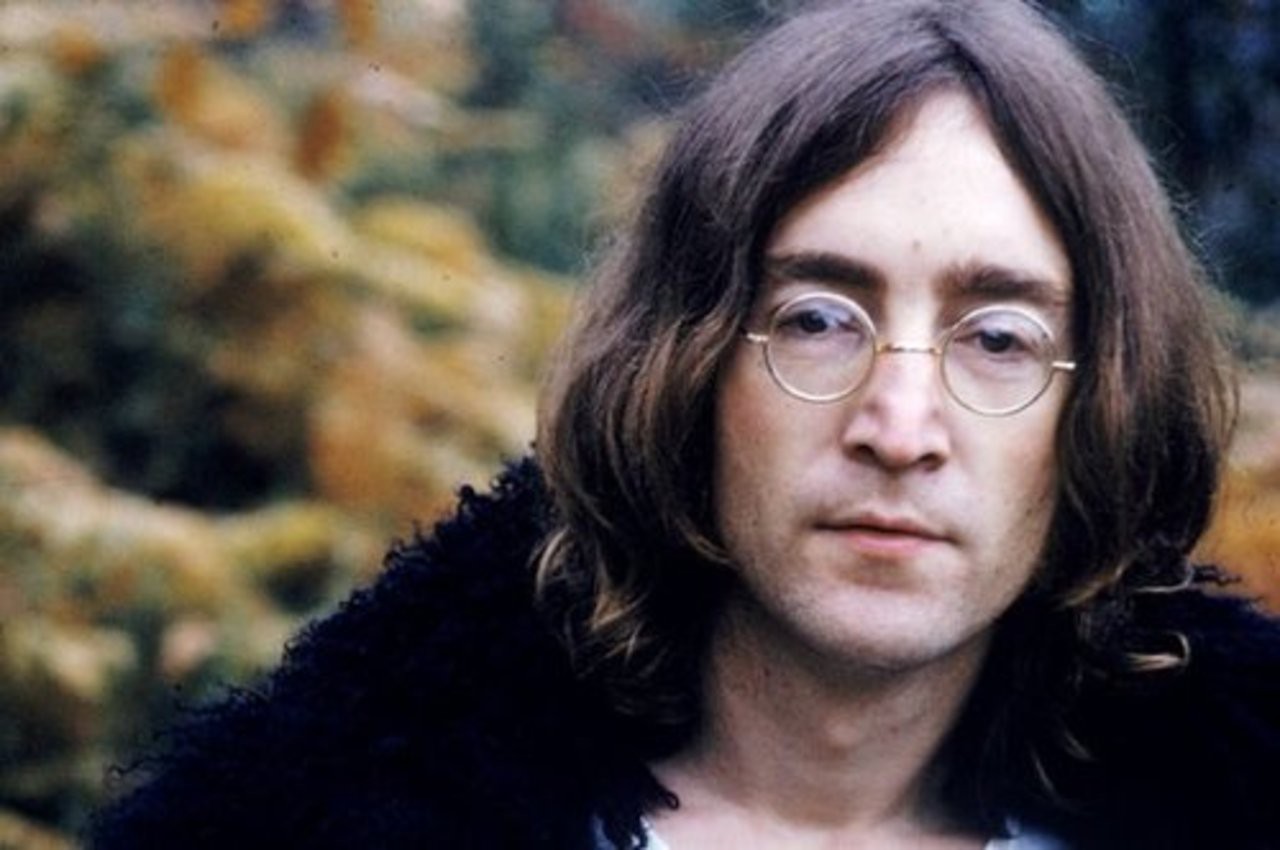
The Evolution of John Lennons Music from The Beatles to His Solo Career
John Lennon, one of the most influential musicians of the 20th century, saw his musical evolution unfold dramatically from his early days with The Beatles to his impactful solo career. Each phase of his life reflected not just a change in style but also a profound message that resonated with fans around the world. Understanding this evolution requires a look into the different eras of Lennon’s music and how they reflect his personal struggles, beliefs, and artistic growth.
The Beatles: The Beginning of a Legend
As a founding member of The Beatles, John Lennon quickly became a household name. The band's unprecedented rise to fame began in the early 1960s, showcasing Lennon's songwriting talents alongside Paul McCartney. Their collaboration produced timeless hits like “Help!” and “A Hard Day’s Night,” which displayed a blend of catchy melodies and thoughtful lyrics. However, it was songs such as “All You Need is Love” and “Revolution" that revealed Lennon's ideological leanings, presenting a more critical stance towards societal issues. His experiences within the band laid the foundation for his future solo work, revealing the various layers of his personality and artistic vision.
Transition to Solo Career
After The Beatles disbanded in 1970, John Lennon embarked on a solo career that would showcase his desire for personal expression. His first solo album, “Plastic Ono Band,” marked a stark contrast to the polished sound of The Beatles. The rawness of tracks like "Mother" and "Working Class Hero" brought forward a more vulnerable side of Lennon, as he explored themes of loss, identity, and the emotional turbulence that shaped his life. This album was revolutionary for its time, as it reflected not only Lennon's personal struggles but also his quest for artistic freedom, paving the way for a deeper, more introspective form of rock music. The stark honesty present in his work invited listeners closer to the man behind the music, drawing them into his world.
Political Activism and Musical Legacy
Throughout his solo career, Lennon became increasingly involved in political activism, using his music as a platform for change. Songs like “Give Peace a Chance” and “Imagine” solidified his status not just as a musician but as a cultural icon advocating for world peace and social justice. “Imagine,” one of his most celebrated songs, invites listeners to envision a world without barriers, where humanity coexists in harmony. This period of activism and enlightenment laid the groundwork for generations of musicians who would follow in his footsteps, inspiring a movement focused on advocacy through art. John Lennon's music became more than just entertainment; it transformed into an anthem for peace and a call for humanity to unite.
John Lennon Merch: A Symbol of His Enduring Influence
Even decades after his passing, John Lennon's legacy continues to thrive in the form of John Lennon merch. Fans of his music celebrate his contributions through a variety of memorabilia, including clothing, records, and art. Items featuring iconic imagery, such as his round glasses or peace symbols, serve as symbols of not only his artistic brilliance but also his lifelong message of love and unity. The popularity of this merch underscores the continued relevance of Lennon’s music and ideals, highlighting how his work transcended time and space to remain significant in today’s society.
In conclusion, the evolution of John Lennon’s music from The Beatles to his solo career represents a remarkable journey through art, personal growth, and political activism. Whether through the harmonious melodies of his earlier years or the stark realities presented in his solo work, Lennon managed to craft an enduring legacy that continues to inspire and resonate with audiences worldwide. His music remains a vital reminder of the power of art in expressing one's truth, advocating for change, and bringing people together.
